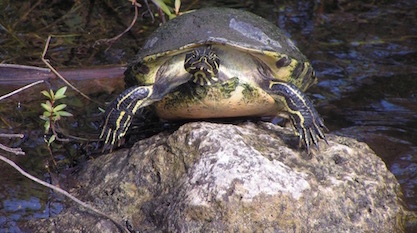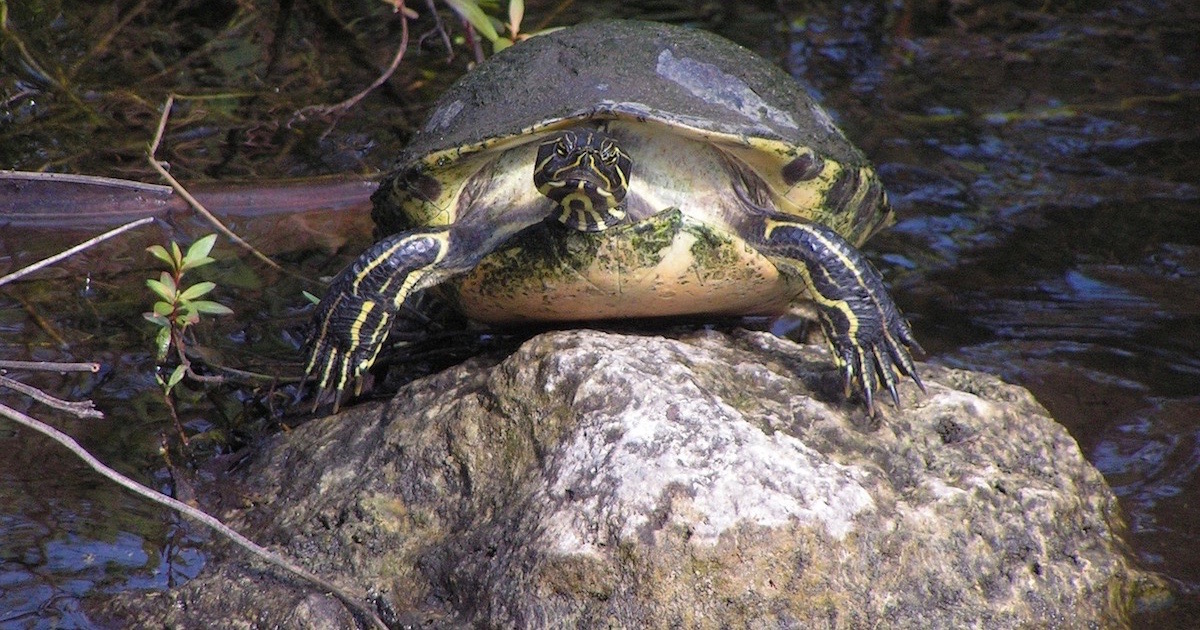 Evolution
Evolution
 Life Sciences
Life Sciences
 Medicine
Medicine
Science on the Rocks


Science is on the rocks. Just ask University of Virginia psychologist Brian Nosek. It’s time to reimagine scientific discovery, he argues. In an article for Nautilus, “The Trouble with Scientists,” highlighting Nosek’s work, Philip Ball explores the problem of bias in science. This subject could use a good deal more discussion.
“[M]any published research findings are false or exaggerated, and an estimated 85 percent of research resources are wasted,” Stanford University’s John Ioannidis reported in a 2014 PLoS Medicine paper that Ball quotes. Ioannidis shocked the medical community in 2005 with another article, “Why most published research findings are false.”
The problem is longstanding in science. For example, join Ball in considering the ”cold fusion” scandal, going back now almost 30 years, in which famous researchers manipulated their experiments.
Ball examines open-access publications and other recent innovations for ensuring accountability. These are all welcome. Nosek created the website Open Science Framework. Researchers can join the site to register their experiment before it begins and record hypotheses. Pharmacology works somewhat like this – by law, clinical trials must be registered beforehand. I’m skeptical, though, that this is enough.
As Nosek states, “One basic fact that is always getting forgotten is that you can’t generate hypotheses and test them with the same data.” With forgetfulness of this kind so rampant, it seems that a more fundamental rethinking is called for.
Science, we know, is put on a pedestal by many. Yet it should be treated as any other human endeavor.
Evolutionary biology especially needs a reality check. There are too many just-so stories where narrative gloss substitutes for hard data and sober reasoning. With so much at stake, going to the heart of the mystery of life’s origins, evolutionary science is seen as too big to fail, too important to be criticized. But it’s not.
If Nosek is right, perhaps confidence in science can, at times, undermine science itself. How much real history has evolutionary storytelling obscured?
Photo credit: ValerieWillis, via Pixabay.
